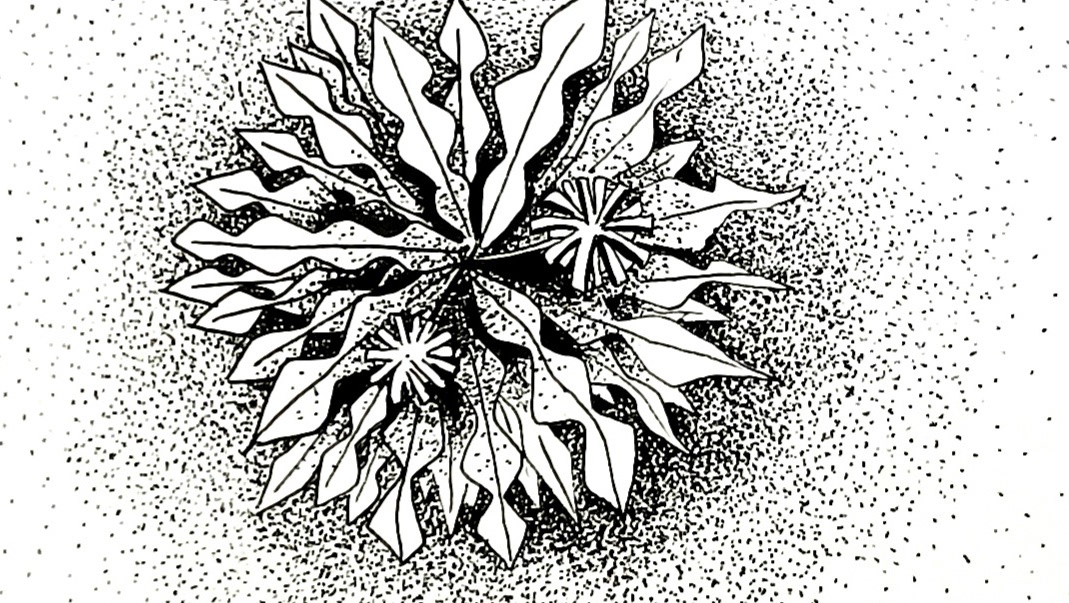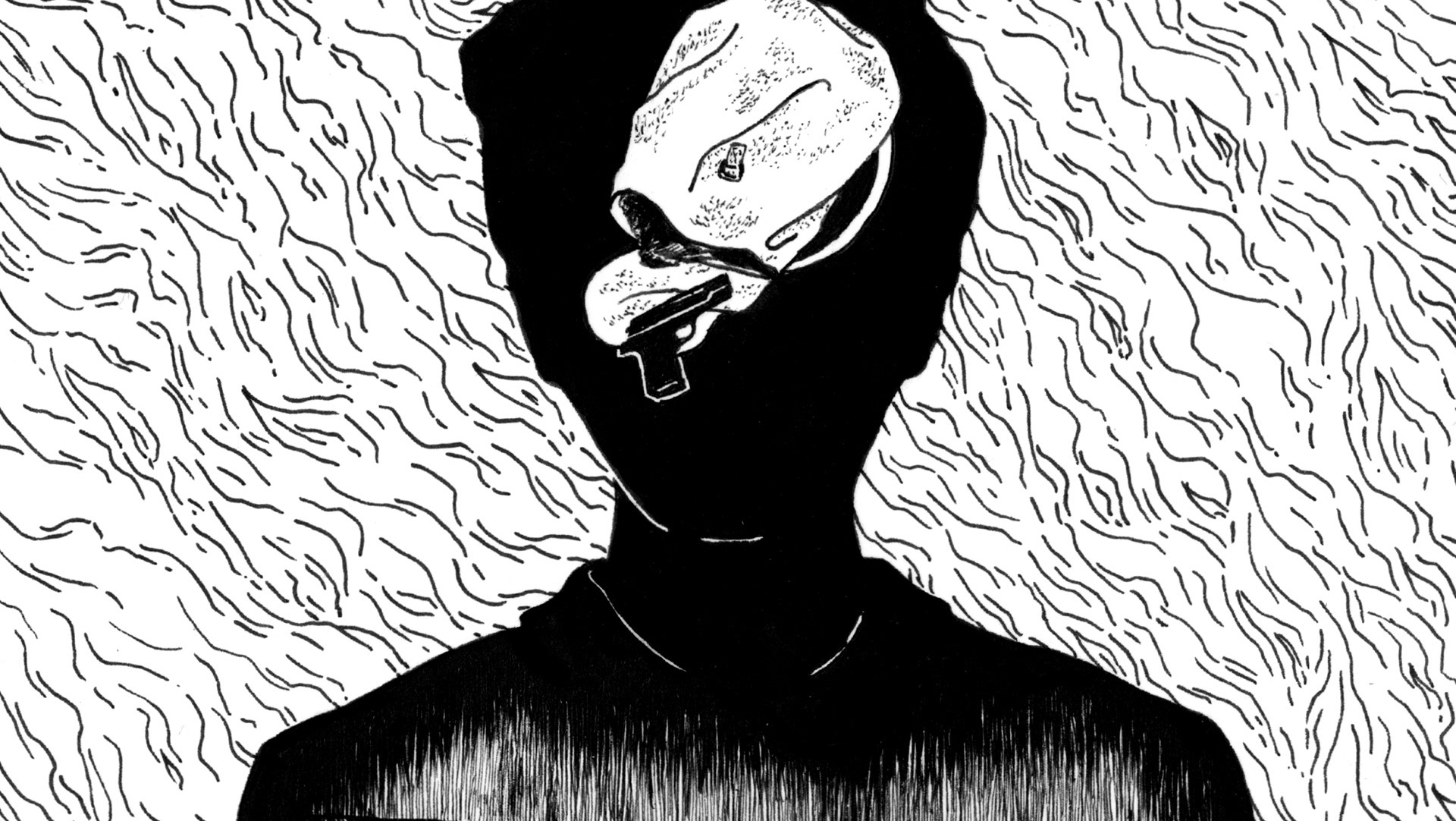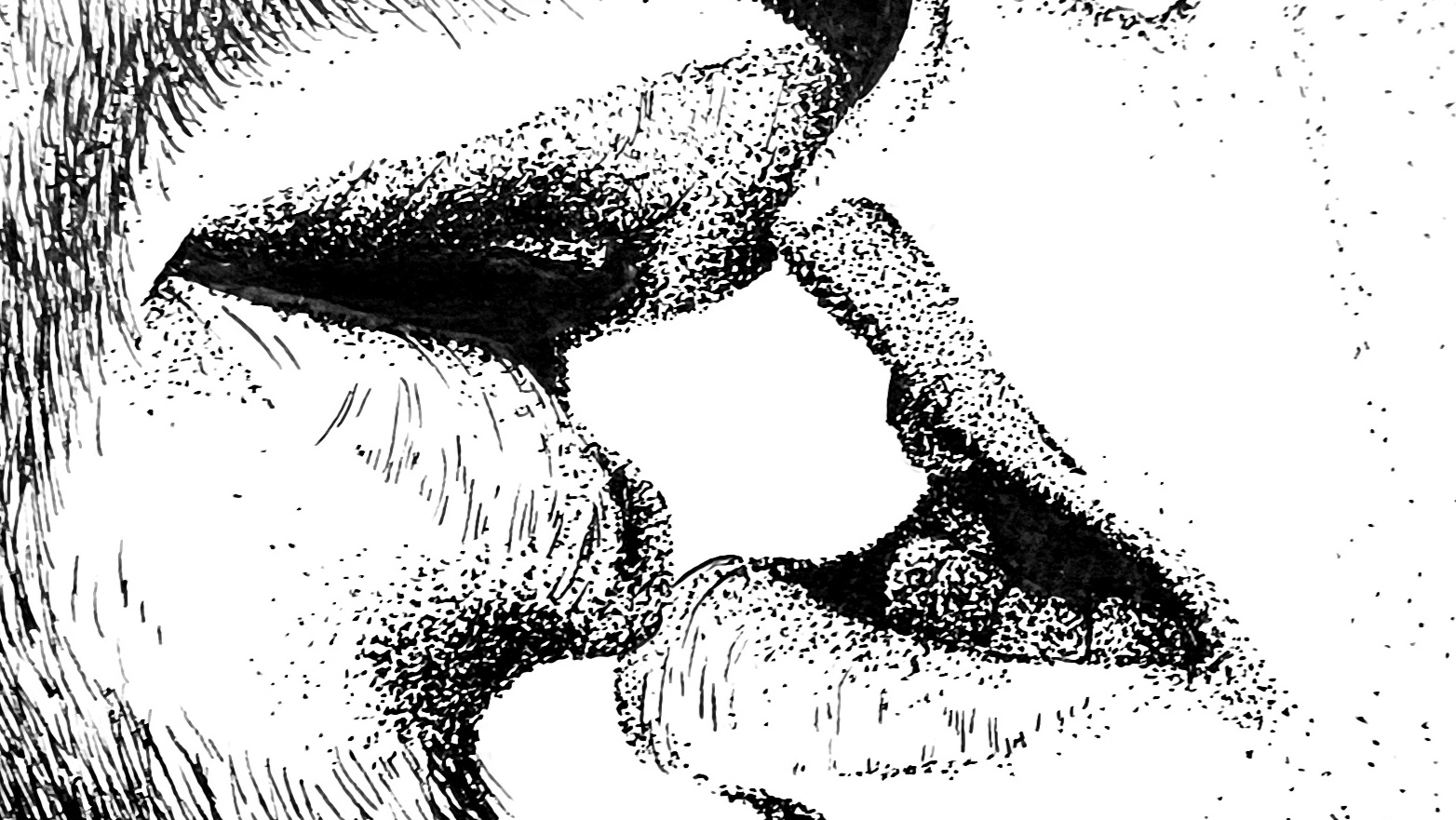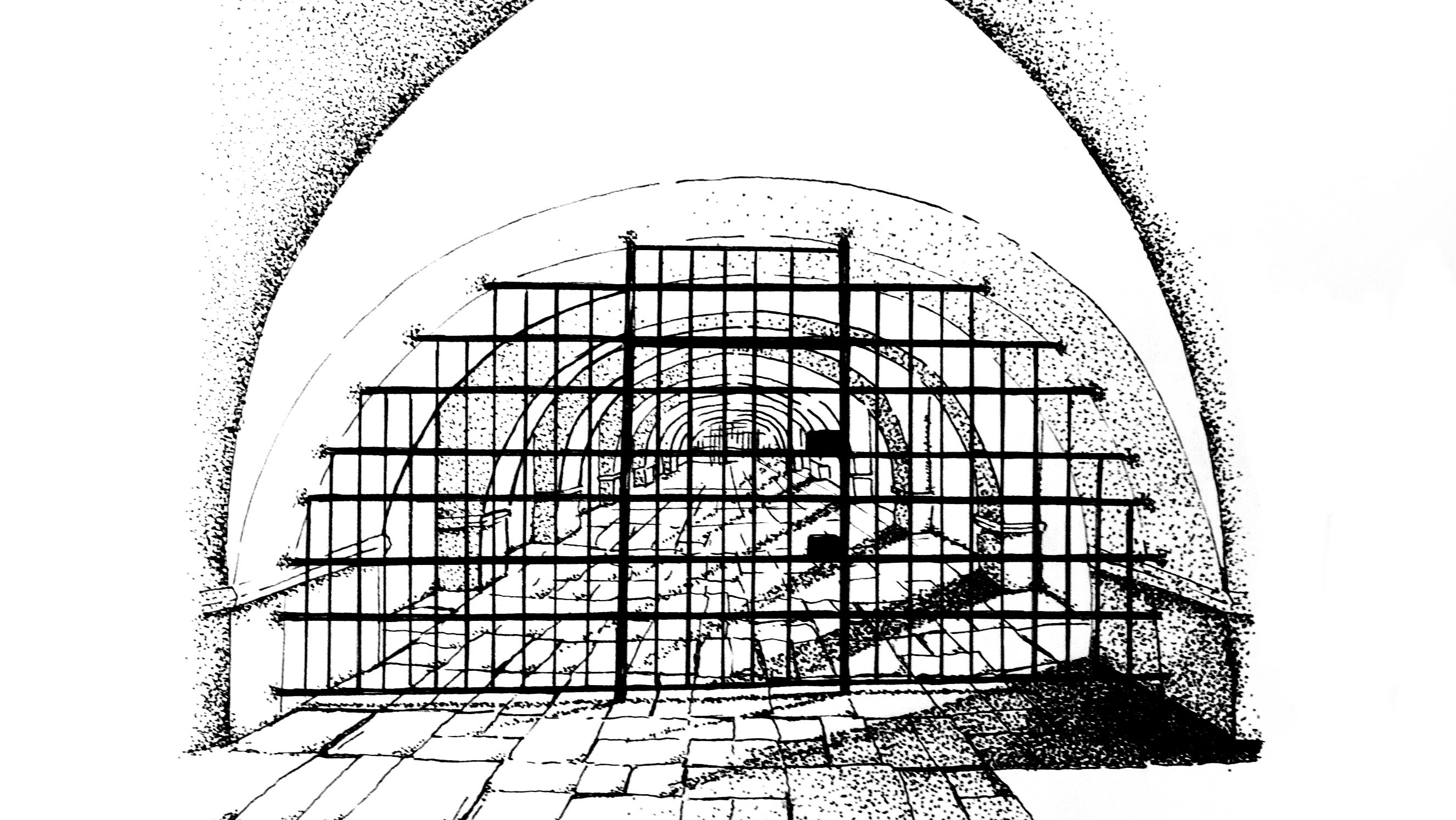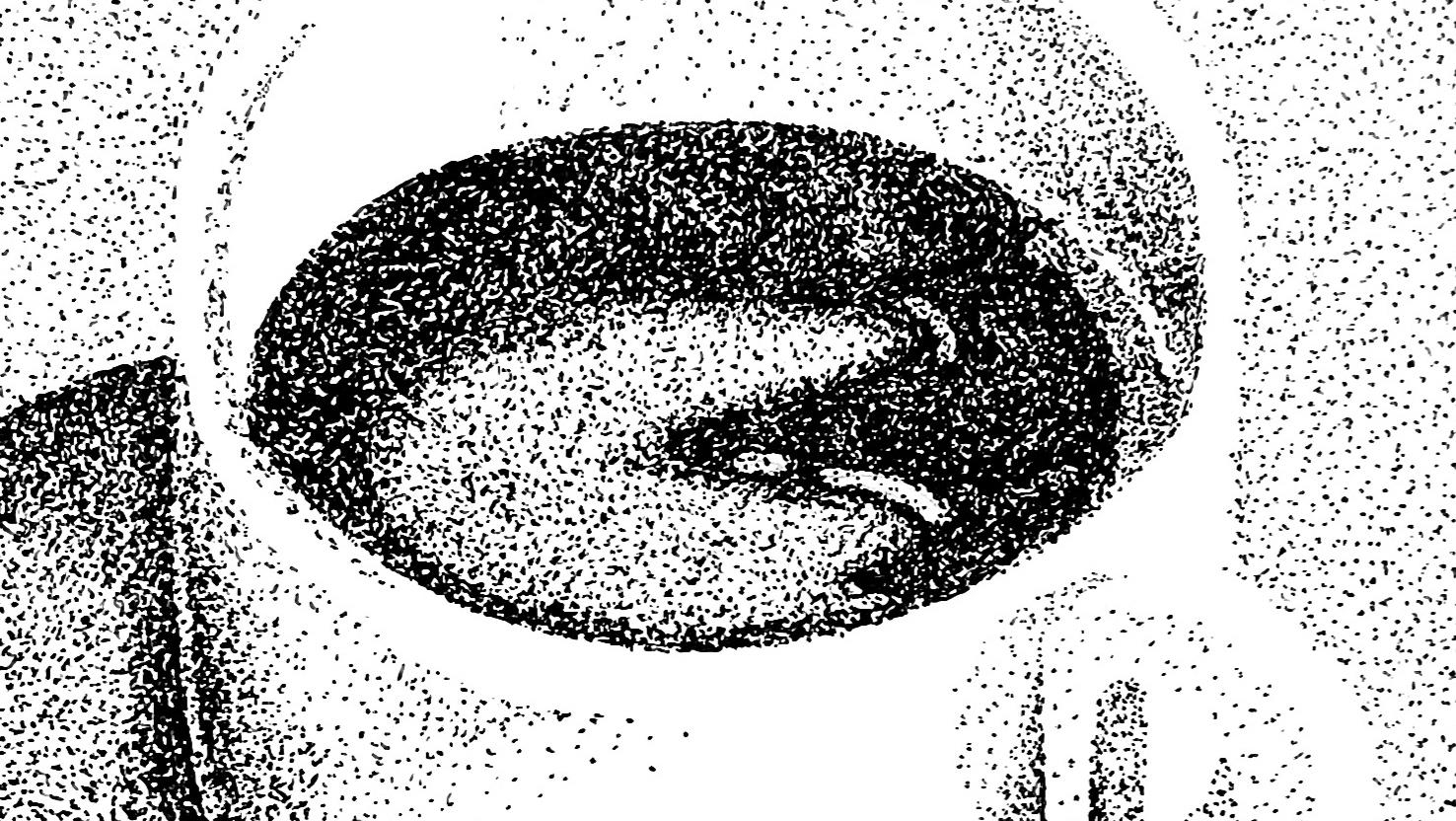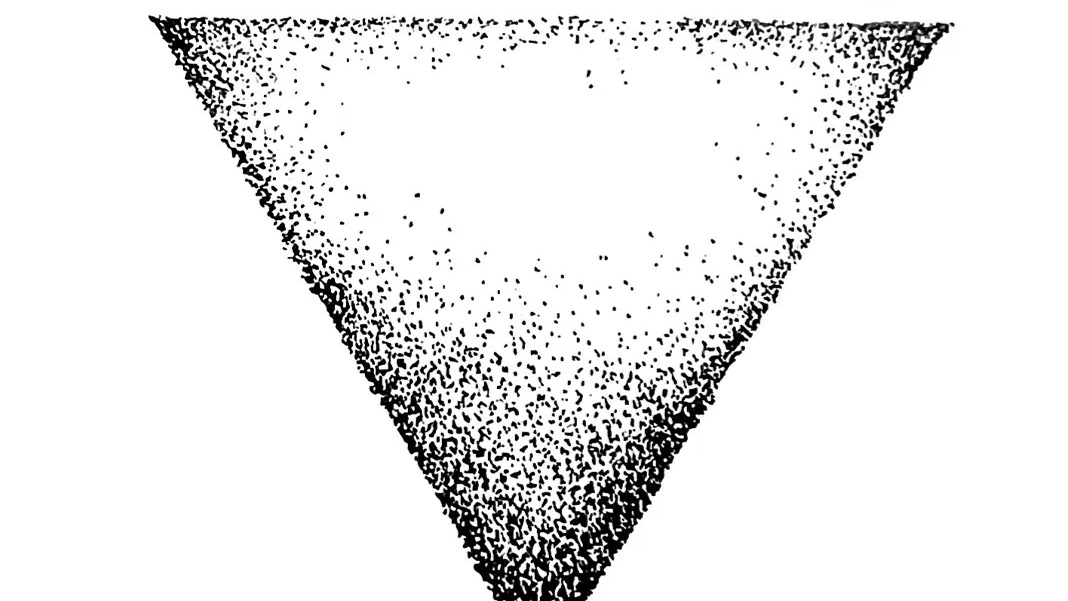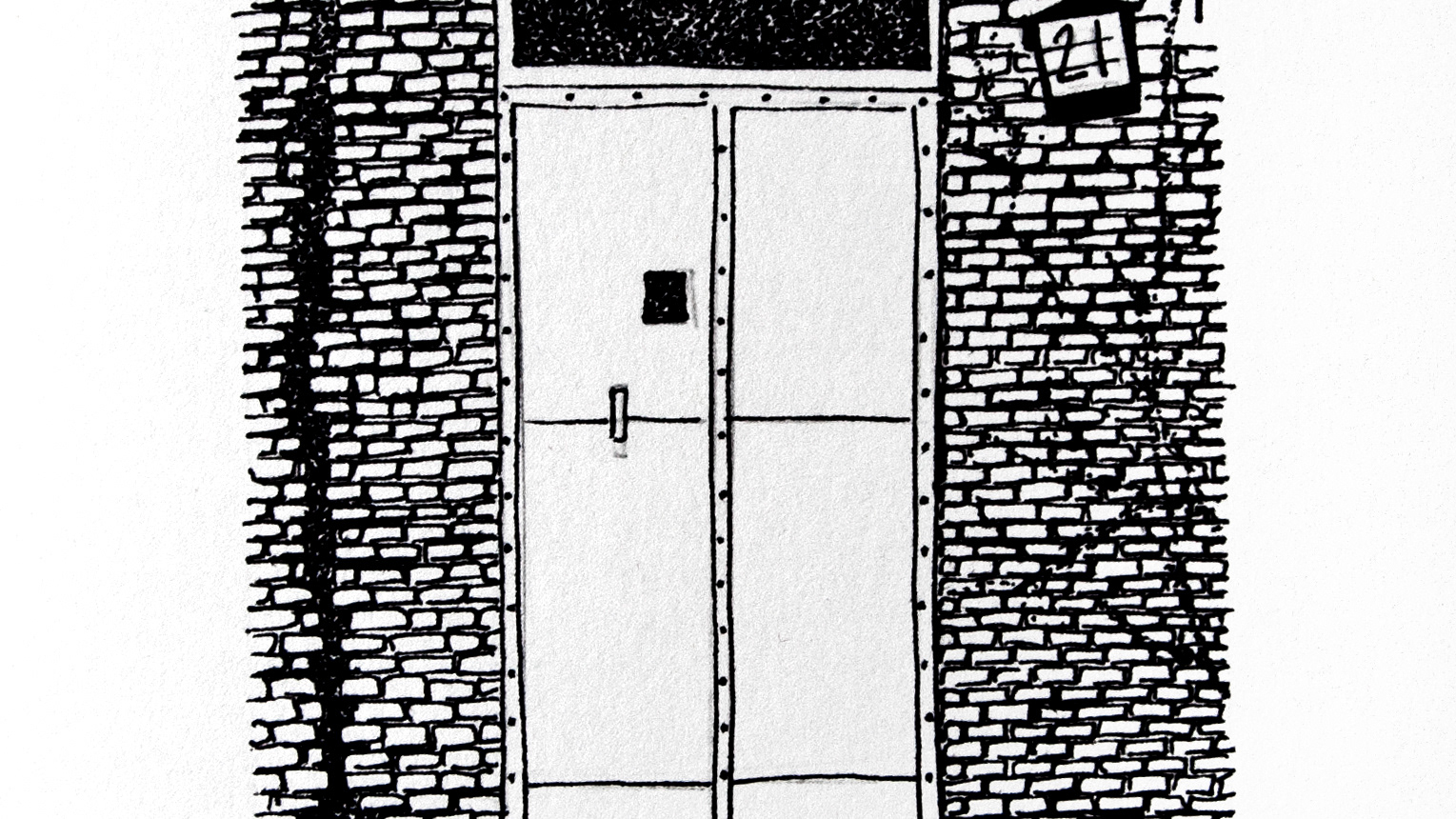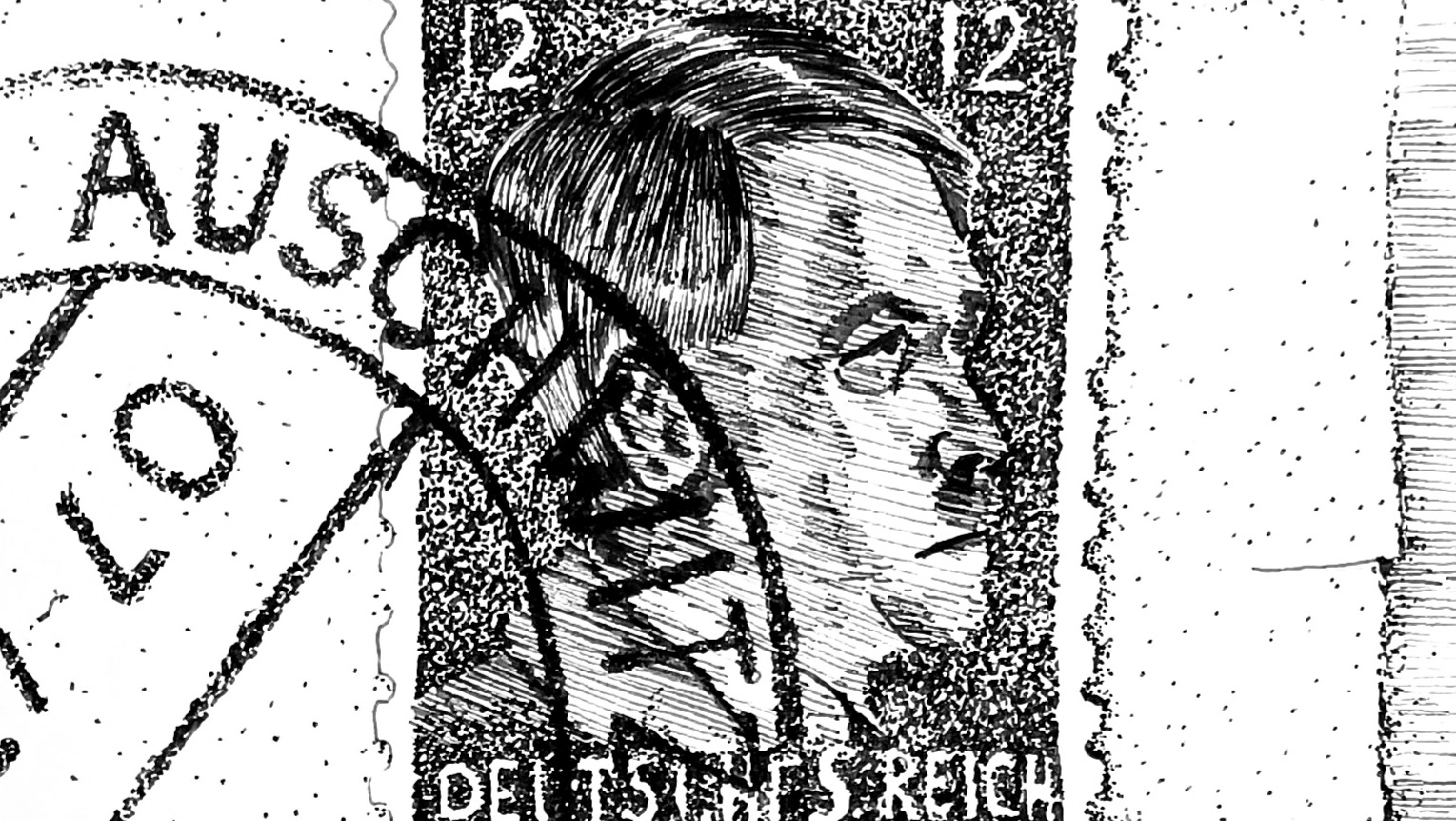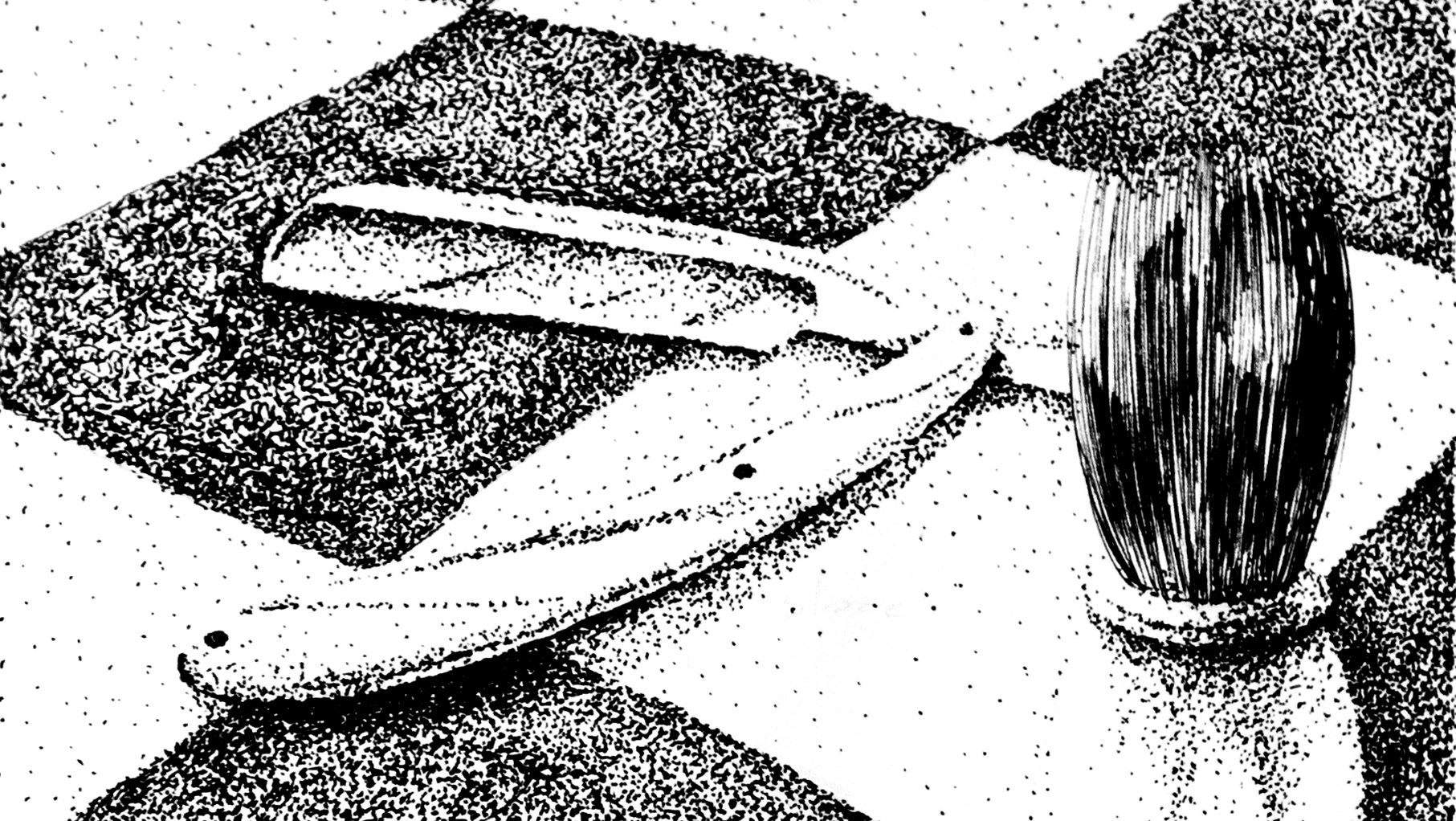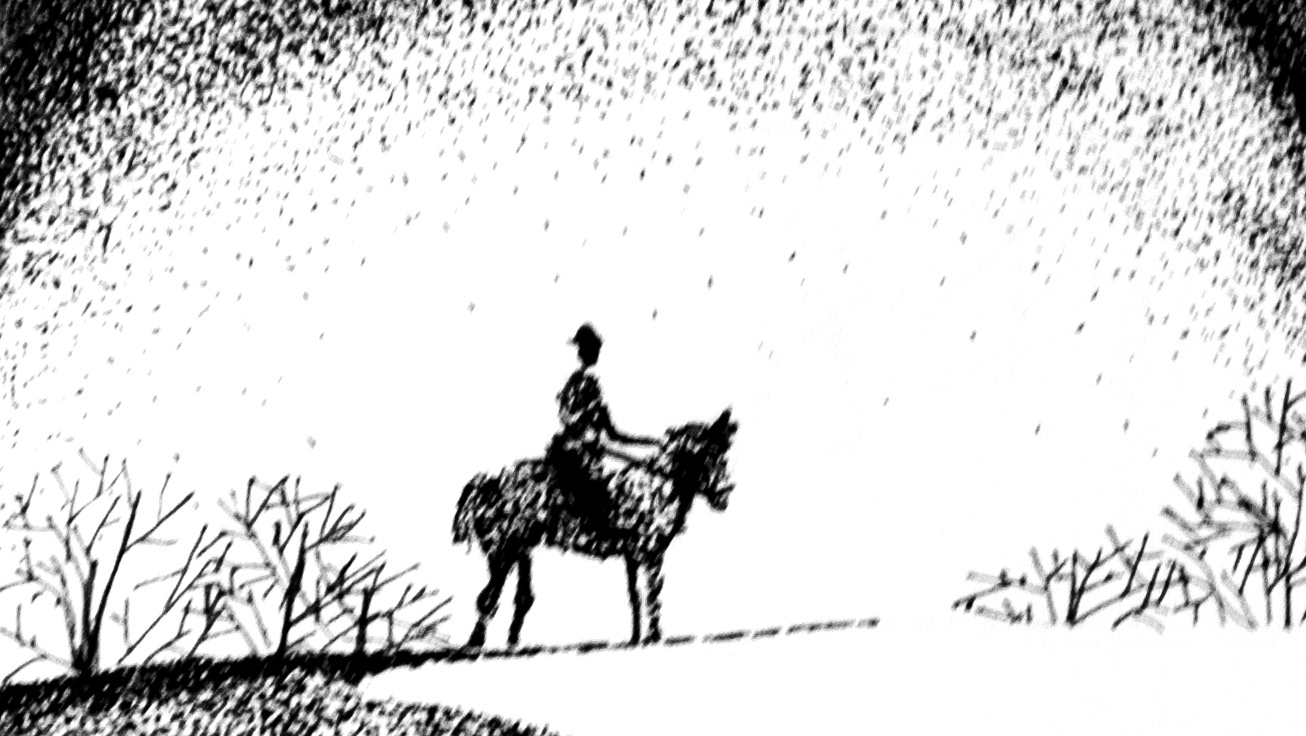Today is the 16th of May 1945, and Gabriel Lejard is coming back to France.
Louis Eudier is in the truck with him, they survived. To their surprise, France has won the war with the Allies, despite the collaboration, yet thanks to the general De Gaulle, who fought alongside the Allies.
Louis and Gabriel talk about their fears, their hopes, the past, the future. They remember all the friends they lost, the 45000 who didn't survive, the horrors of the camps, the murders, the extermination of the jews, the tziganes, the homosexuals, the handicapped. Louis still struggles to understand how he survived, with his handicapped leg, with all the sabotage he did out of the open. He is looking forward to start again, to finally get together with his fiance, to keep up with the social fight. Gabriel can't wait to go back home, to sue the police officer who deported him, to find his wife and daughter, Jeanine. Gabriel talks about his Jeanine with admiration, she is the bright future this country needs.
Jeanine was born in 1927, she entered the resistance at 15, a year after her father's arrest. She wanted to fight, she believed the occupation was wrong, the collaboration was worst. She started transporting informations, documents, tracts, then weapons. It was a tough fight, she couldn't come back home, she had to hide constantly, watch her back. 1943 and 1944 were difficult times for the french resistance, the gestapo was relentless and merciless.
On the 6th of June 1944, the american troops landed in Normandy and opened a second front in Europe. Germany was quickly overwhelmed by the situation, it was clear that France was about to be freed.
When Jeanine heard the news, she was reinvigorated. Thanks to the Allies, thanks to the Resistance, there was light, finally. Yet the gestapo and the police were still chasing resistants. Maybe she became less careful, maybe the gestapo had good informations, she was arrested on the 18th of June. She was tortured, she gave nothing away. With the war coming to an end, she was still hopeful she would be released soon.
She was deported. Yet she was deported from a country about to be liberated by the Allies, deported on a train painstakingly going from one city to another, going back and forth depending on the Allies advance. It was named the ghost train, one of the last deportation train to east, one of the longest in travel, one of the unluckiest. On many occasions, the Allies were close, not close enough, the train kept on going.
Toulouse, Bordeaux, Angouleme, Nimes, Montelimar, Valence, Lyon, Dijon Nancy, Metz, it arrived in Dachau on the 28th of August, after 2 months. A few months later, her father arrived in Dachau. They almost got to meet again, but Jeanine left Dachau after he arrived, the women were evacuated to Ravensbruck.
Jeanine died on the 15th of April 1945. The war ended officially on the 8th of May 1945.
Back to the present, inside a truck with Louis Eudier, Gabriel wonders about his family. He hasn't seen them for almost 4 years. He is torn, he doesn't regret fighting for his ideals, but he misses his family, he regrets not seeing them, missing Jeanine's teen years.
Gabriel and Louis are hopeful about the future, they are free. But they are also scared. What is left of their homes, their families, their friends? Did they survive? They sent letters to each other back in 1943 in Auschwitz, during the quarantine, but he censorship was strong, many things couldn't be said. And it's been 2 years now, so many things could have happened since then.
Gabriel and Louis think about their country. It may not be Petain's vichy government, but what is the new government? Will they still be arrested for being communists? Did their social rights disappear, in ruins like most of the cities they go through on their way back home?
Gabriel and Louis try to remain hopeful. They are free, the war is over, they are coming back home.
Thanks to Jeanine, France won the war. Vichy and Petain may have lost the war, it wasn't France. Jeanine was France.
Notes
Thank you for listening to this episode of 31000/45000, the story of 2 trains of french members of the resistance. My name is Matthieu Landour Engel.
This episode was about Gabriel Lejard and his daughter, Jeanine Lejard.
As with the 31000, the 45000 were scattered and some were freed earlier than others. Gabriel Lejard was transferred to the Sachsenhausen then to Kochendorf where he worked in a mine converted into a weapon factory. He was once more transferred to Dachau, and stayed there for 20 days before his liberation. So, all those transfers paint a good picture with the chaos at the end of the war, the complete lack of organisation.
The worst situation was by far Jeanine Lejart situation, who was part of what is referred the ghost train, a convoy of 800 members of the resistance which lasted 54 days rather than the usual 3 days. The train kept on do the ng back and forths, avoiding the Allies, 200 prisoners managed to escape, yet most of those who didn't perished in Dachau.
There is a documentary "Les résistants du train fantôme" by Jorge Amat and Guy Scarpeta.
TENTER D'INTERVIEWER LES AUTEURS?
Jeanine Lejard was decorated "chevalier de la légion d'honneur". As I mentioned, Gabriel Lejard intended to sue the policeman who denounced him for his deportation, the trial declared the policeman innocent. I will talk further in other episodes about the difficult trials and the deep injustice after France's liberation.
I made some assumptions regarding this story. According to the website memoire vive, Louis Eudier and Gabriel Lejard were in the same truck for some part of their way home, yet there is a chance they weren't. I assumed they talked as they knew each other from before the war, but maybe they didn't, I am not sure.
Let me give you a few more informations regarding the liberation of France. The liberation started with the landing of the Allies in North Africa, which led to the liberation of the island of Corsica, which is part of the french territory. Then, on the 6th of June 1944, the Allies landed on the coast of Normandy, as part of the Overlord operation. It was a massive operation, which opened a new front in Europe, making war far more complex for the Axis. This landing was followed by another landing, in August 1944, in Provence, in the South of France. Now the german army was pushed, and so were the heads of the Vichy regime, until they were even made prisoners and forced to flee with the german army. De Gaulle put in place a provisory government, and as it freed the country, demanded that the administration remained while replacing its heads. This mostly happened softy but there were difficulties with the Milice, which refers to the political paramilitary organisation created by the Vichy regime. The Milice kept on fighting with the Resistance in many pockets, so you could argue that right before its liberation, France was also in a crisis, a civil war. De Gaulle declared that the Republique never ceased to exist, in London, he declared the Vichy regime illegal, and all laws voted by the Vichy Regime were cancelled. So the Vichy Regime was cancelled, literally.
I have been trying to find Gabriel Lejard’s relatives, unfortunately, my research was unsuccessful. If by any chance, you know of someone related to him please let me know, I would be very pleased to get in touch and make sure the text I wrote doesn’t contain any errors.
My sources for this story mostly come from the book Red triangles in Auschwitz, by Claudine Cardon Hamet, le convoi du 24 janvier by Charlotte Delbo, the website deportes-politiques-auschwitz.fr, memoire vive, the foundation for the memory of deportation website , the Maitron website, and the fantastic website auschwitz.org
Thank you very much for your attention, next episode will be about Raymond Montegut and the insurrection of Buchenwald.
